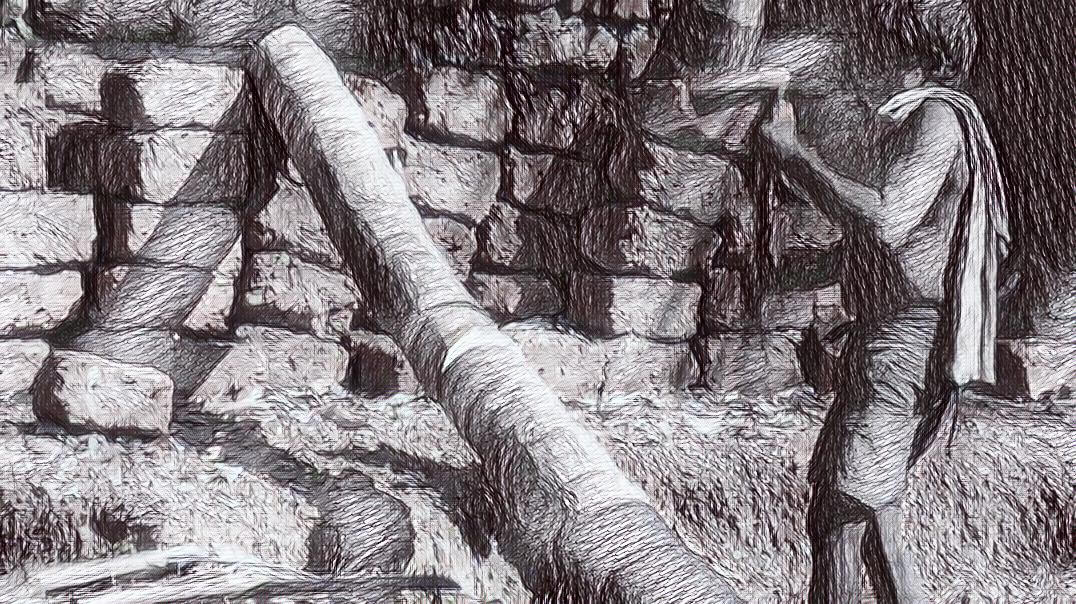Ruchira’s love for fiction reading has been shaped by classics like Emily Bronte’s “Wuthering Heights” and George Eliot’s “Mill on the Floss”, among others, exclusively for Different Truths.
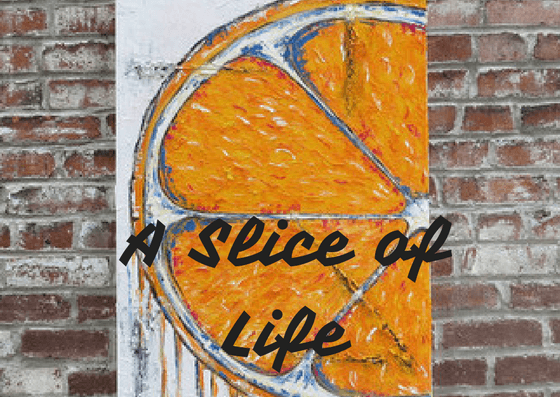
Reading has been my prime passion since childhood. Even now, as I stand on the verge of senility, I still manage to grab a little time out of my busy schedule to catch up with some reading on most days of the week. However, let me stress that non-fiction and prose (their Richness and literary brilliance notwithstanding, they are not my cup of tea. As a matter of I have a distinctive penchant for, yes you heard it right, fiction. I am sure most of you will agree that fiction is a harmonious blend of pure fantasy and fertile imagination with minute elements of Truth and real-life experience be it of the author (read creator) on a personal level or those of people around him.
The novel vividly describes the morbid passions of a vindictive waif.
I remember those times when as a gawky teenager and a grade-nine pupil I laid my hands on the iconic English novel Wuthering Heights by Emily Bronte. The novel vividly describes the morbid passions of a vindictive waif. The main character Heathcliff wreaks vengeance on all kith and kin of his benefactor Mr. Earnshaw. Even though his patron’s daughter Cathy (Catherine) understands him and reciprocates his emotions, he unleashes untold agony and suffering on her in every possible way. Although the façade of the novel depicts “love” as nasty brutish and savage (owing to which it created an uproar after its debut), yet there appears to be a subliminal touch to their relationship in that they were honest to each other in their heart of hearts.
Mill on the Floss by George Eliot (nee’ Mary Ann Evans) is a poignant tale of the interpersonal relationship between the (protagonists) siblings Maggie and Tom Tulliver, their starkly different natures and personalities. Tom and Maggie share a complex bond, throughout the novel. Maggie is intensely emotional, perpetually craving for love and affection. On the contrary, owing to his pragmatic and reserved nature Tom is almost always brusque, and unkind in his attitude towards her. The duo battle fortune’s blows and hostile social circumstances –typical of the Victorian era–which further aggravate their relationship.
As the story approaches its climax, a catastrophe begins to loom large.
As the story approaches its climax, a catastrophe begins to loom large. In that cataclysmic moment, Tom and Maggie reconcile as their boat capsizes in the deluge and the duo perish locked in an embrace! On a personal note, this novel is close to my heart because some portions are uncannily like my life’s story. The relationship with my sibling has always been rather tempestuous; even now there is no love lost between us.
“Na Hanyate” (lit, indestructible) by eminent Bengali author and Tagore’s protégée Maitreyi Devi celebrates love. Though largely autobiographical in content it interpolates elements of fiction and fantasy. The novel opens in 1972 with a 58-year-old Maitreyi Devi, plunging into a flashback mode about her passionate teenage affair with Mircea Eliade a Romanian youth who came to India back in the 1930s to study philosophy under the tutelage of her philosopher father.
By a quirk of fate, their liaison was discovered by her family. Her infuriated father threw Mircea out of the family home while Maitreyi watched helplessly. Day in and day out she pined for him. Eventually, she married a scientist chosen by her imperious Dad. Years went by quietly and uneventfully, until 1973 when she stumbled upon La Nuit Bengali written by Eliade (in Romanian) and published way back in 1933!
His version painted Maitreyi as a caricature of a mythical goddess and ascribed several negative traits to her personality.
His version painted Maitreyi as a caricature of a mythical goddess and ascribed several negative traits to her personality. Shocked beyond measure Maitreyi determined to publish her side of the story, even though much water had flowed under the bridge. Quoting copiously from the “Gita” she gives an exalted position to ‘Love’ which to her, is synonymous with the soul and therefore is eternal, undying. The novel ends on an optimistic note narrating the rapturous reunion of the ill-fated, star-crossed lovers (they did meet). A high priest of love, Maitreyi Devi was bestowed the prestigious Sahitya Akademi award for her magnum opus.
Picture design by Anumita Roy

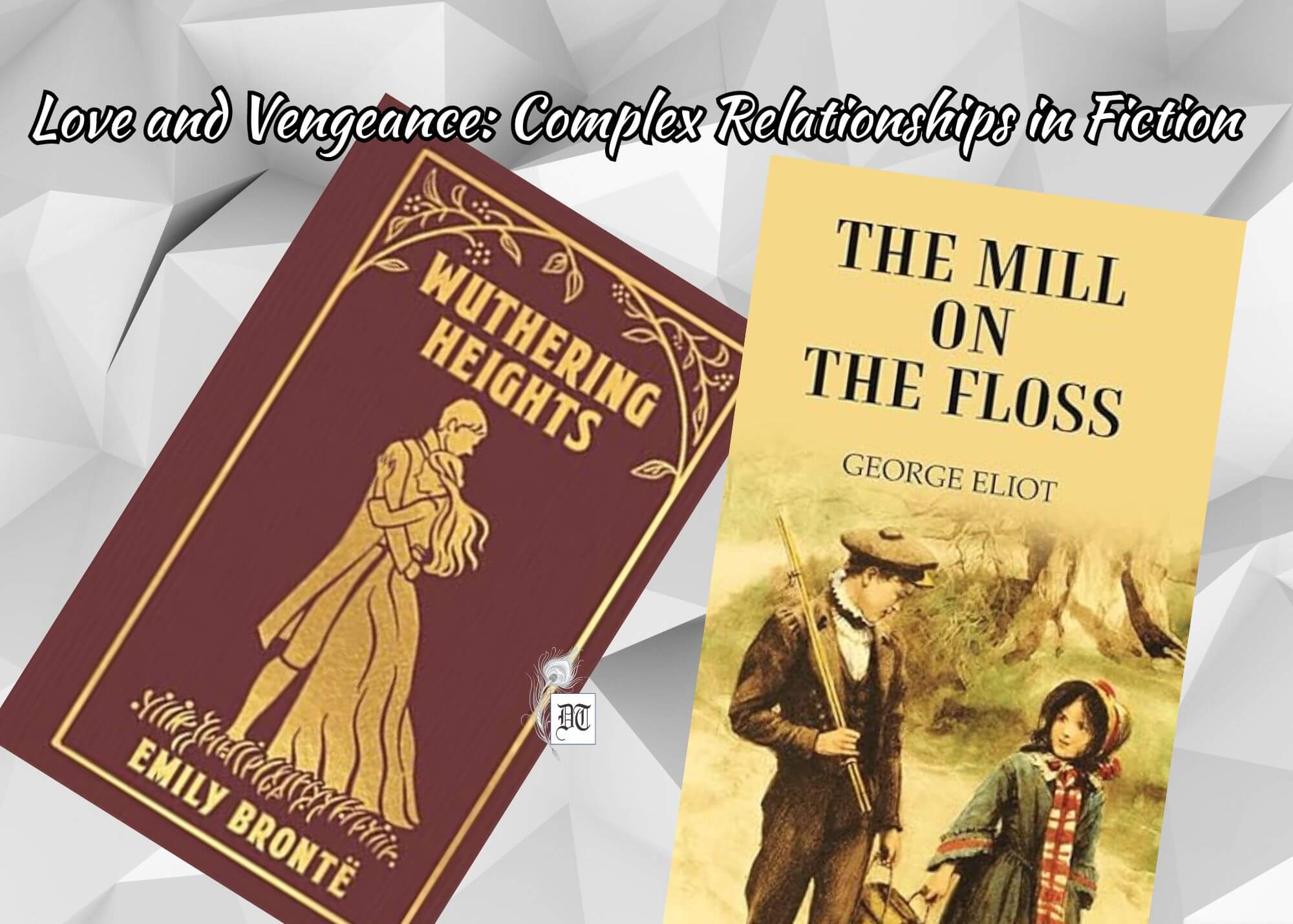



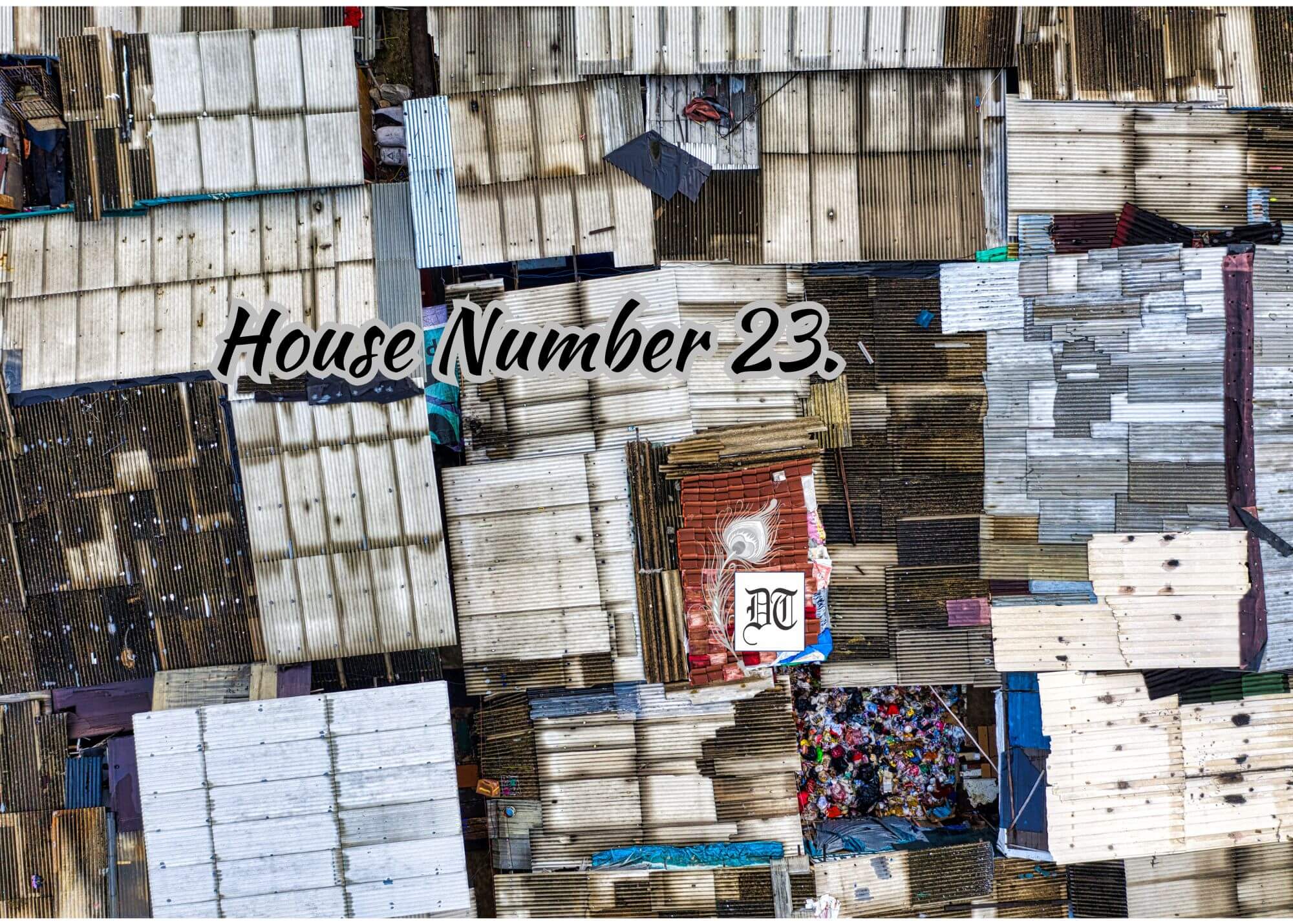

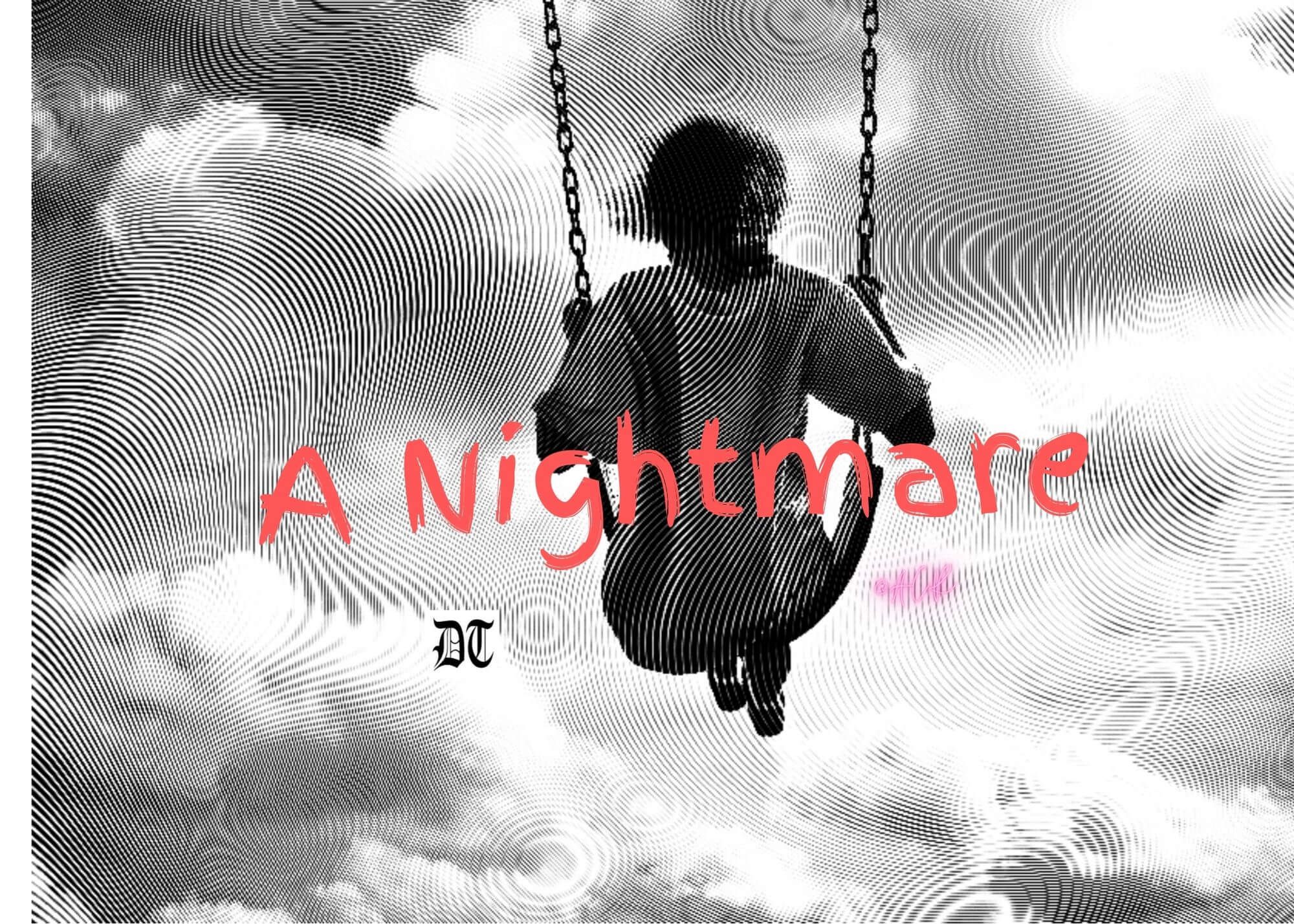
 By
By